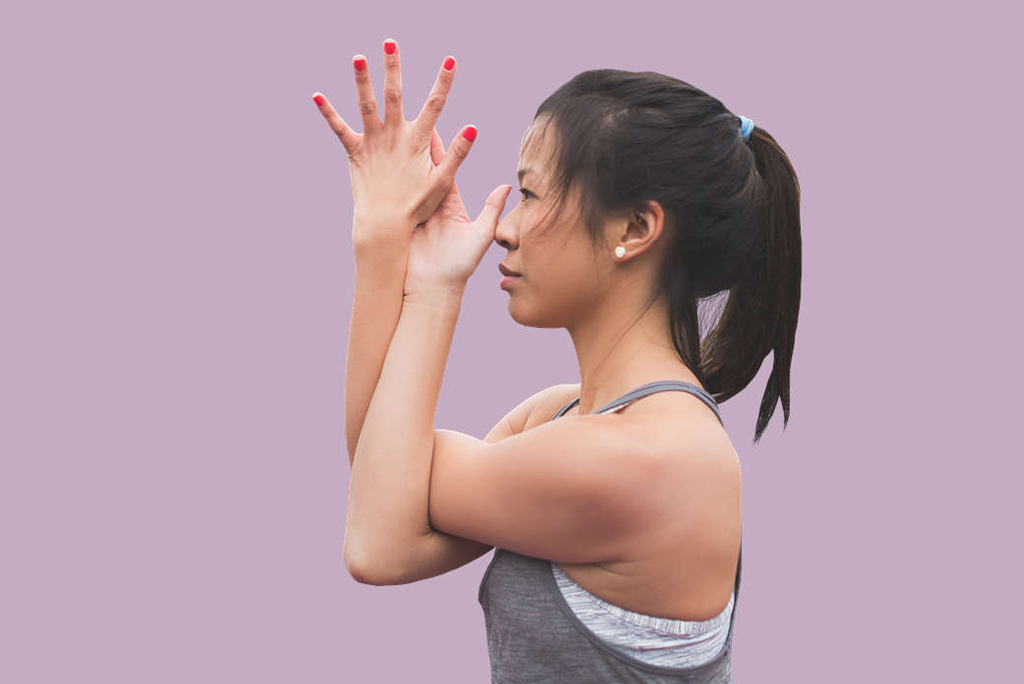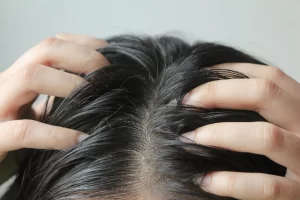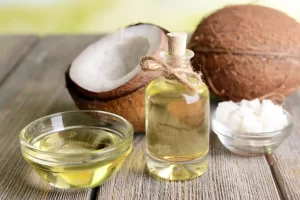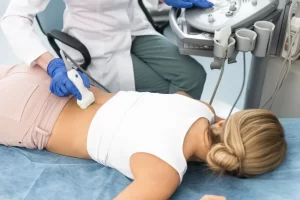
Who doesn’t love a secret? Especially one that holds the key to soothe the worst of menopause symptoms.
It’s time to discover the Japanese secret to soothing menopause symptoms. A secret that gives plant power a whole new meaning. Drum roll, please…
And the secret is… soy sauce. Now it’s likely you’re thinking what has soy sauce got to do with menopause? But the truth is- a lot. To soothe menopausal symptoms, the source is in soy sauce. This is because it is abundant in phytoestrogens.
phenols that plants produce for their health. They are great mimics of estrogens in the human body.
When consumed by humans, they activate and bind to estrogen receptors. Essentially, phytoestrogens act like our naturally occurring estrogens.
During menopause, estrogen levels decline. This is often the primary reason we experience unwanted symptoms. So as you can imagine, boosting estrogen levels in the body can work wonders to reduce them.
Phytoestrogens are even giving Hormone Replacement Therapy (HRT) a run for its money. Working as a wonderful alternative to soothe the worst symptoms of menopause.
It’s time to discover some of the main benefits of phytoestrogens during menopause.
Phytoestrogens can bind to estrogen receptors. This can help to soothe symptoms caused by low levels of estrogen. Especially those dreaded menopausal hot flashes.
Estrogen is vital for maintaining bone density. But during menopause, our estrogen levels decline. This leaves us vulnerable to loss of bone and a higher risk of osteoporosis. Phytoestrogens can help by boosting estrogen levels. This helps our bones stay strong, sturdy, and healthy.
During menopause, we are at higher risk of heart conditions. This is due to declining estrogen levels. So phytoestrogens can help maintain heart health. Keeping inflammation away, improving our lipids profile, and preventing heart disease.
Vaginal dryness, itching, and discomfort are not uncommon during menopause. Phytoestrogens may help reduce these symptoms. Improving vaginal health by promoting moisture and skin elasticity in the vaginal tissues.
Phytoestrogens aren’t just powerful for reducing symptoms during menopause. They can even prevent more serious health issues according to studies. Phytoestrogens can decrease the risk of breast cancer.
Well now we’re all in on the secret- soy sauce. But that doesn’t mean that’s the only way. There are many ways we can consume phytoestrogens- and thankfully they are delicious. And what’s more delicious? Saying no more to those dreadful hot flashes.
The most common types of isoflavones are:
1. Genistein: Genistein is one of the most studied isoflavones. It has been researched for its potential health benefits, including its antioxidant properties. It may play a role in reducing the risk of certain diseases. From cardiovascular disease to certain types of cancer.
2. Daidzein: Daidzein can potentially help bone health and menopause symptoms. It may also play a role in reducing the risk of hormone-related cancers.
Foods Rich in Isoflavones:
Lignans are another type of phytoestrogen found in different foods to isoflavones.
Foods Rich in Lignans:
As you can see, there is a wide variety of foods you can add to your diet to consume phytoestrogens. But an even easier way to ensure you’re boosting your estrogen levels is by taking a daily supplement. Inner Harmony works by restoring healthy bacteria to your gut. By doing so, it stops the bad bacteria from feasting away on our much-needed estrogen.
It’s the perfect partnership with a phytoestrogen-friendly diet. Not only can it help with digestive issues and our enemy the ‘monobelly’. But it can also shift unwanted weight gain, and ease hot flashes, night sweats, and fatigue. Finally giving you relief from the worst of menopause symptoms.
Soy sauce doesn’t sound so silly after all. Phytoestrogens can mimic estrogens in the body. This can help restore hormonal balance and give us well-deserved relief.
By eating a diet rich in phytoestrogens, we can help reduce the symptoms of menopause. A daily probiotic ensures our gut health is at its best. So fewer nasties can eat away at our estrogen levels. When we nourish the gut, estrogen can flourish- all for an easier menopause.
So now the cat’s out of the bag, what are you waiting for? It’s time to tuck into some delicious estrogen-boosting food. Give your gut what it needs to say a final farewell to the worst of menopause.
Sources:
Phytoestrogens for hormone replacement therapy? – PubMed (nih.gov)
Phytoestrogens – Breast Cancer Prevention Partners (BCPP)
The pros and cons of plant estrogens for menopause – ScienceDirect
Related Articles










* These statements have not been evaluated by the Food and Drug Administration. This product is not intended to diagnose, treat, cure or prevent any disease.